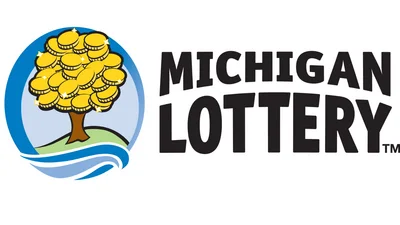Kenneth McFarlane Chief Operating Officer | Michigan Department of Agriculture and Rural Development
Kenneth McFarlane Chief Operating Officer | Michigan Department of Agriculture and Rural Development
The Michigan Department of Agriculture and Rural Development (MDARD) has identified a case of bovine tuberculosis (TB) in a beef herd from Alcona County, situated within Michigan’s Modified Accredited Zone (MAZ). This detection occurred during the herd's routine annual surveillance test. This marks the 83rd cattle herd in Michigan to be diagnosed with bovine TB since 1998 and is the first such detection since January 2022.
"The annual whole herd surveillance testing performed on all commercial cattle herds in the MAZ is a critical tool for identifying new cases of bovine TB, which then decreases the opportunities for the disease to spread," said State Veterinarian Nora Wineland, DVM, MS, DACVPM. "Bovine TB is a persistent and challenging disease to address. Hunters, producers, academics, industry stakeholders, animal-health professionals, and state and federal agencies all have a vital role to play in combatting this disease and protecting animal and human health."
Bovine TB is a bacterial infection that can affect all mammals, including humans. It exists within the free-ranging white-tailed deer population in certain areas of northeastern lower Michigan. The disease can be transmitted between deer and cattle. Consequently, there are two designated TB zones within the state: the Modified Accredited Zone in northern lower Michigan and the remainder of the state known as the Accredited Free Zone.
Efforts by state and federal agencies continue to manage bovine TB effectively. Hunting deer in northeastern lower Michigan remains an important strategy for maintaining healthy populations of both deer and cattle.
Further information about bovine TB is available at Michigan.gov/bovineTB.





 Alerts Sign-up
Alerts Sign-up